Agriculture in the United Kingdom plays a vital role in feeding the population, maintaining rural communities, and supporting the economy. Behind the visible elements of crop fields, livestock farms, and greenhouses lies a fundamental necessity: fuel. Agricultural fuel oils are the lifeblood of modern UK farming, powering tractors, machinery, generators, and heating systems across thousands of farms.
As the industry evolves under pressure from climate change, regulatory reforms, and market volatility, understanding the types, uses, and future of agricultural fuel oils in the UK has never been more important.
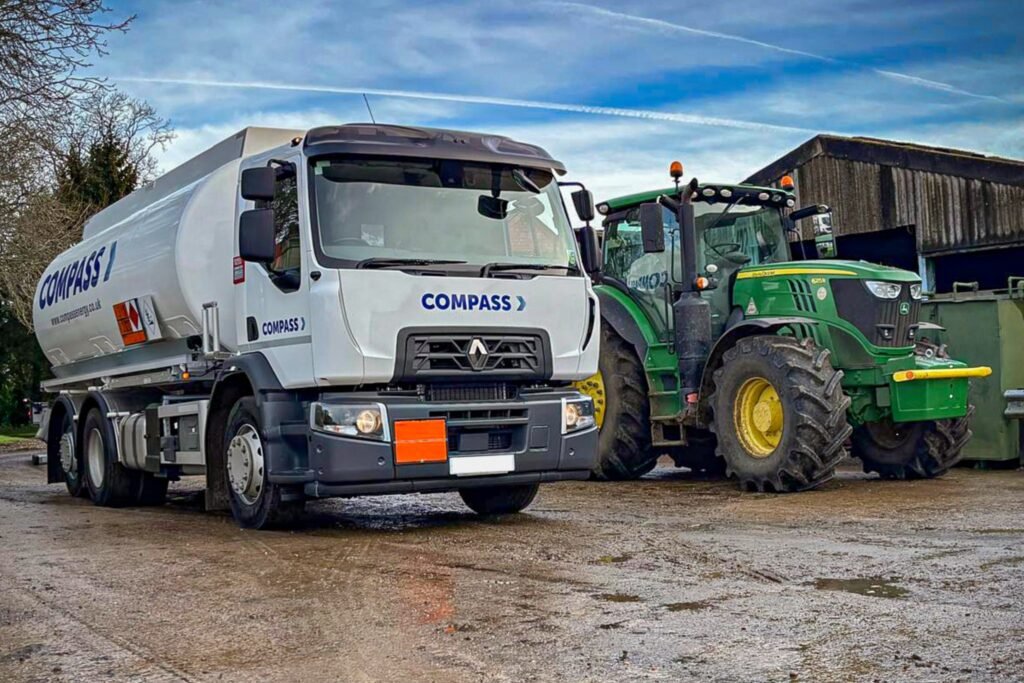
Types of Agricultural Fuel Oils in the UK
1. Gas Oil (Red Diesel)
Red diesel, or gas oil, is by far the most commonly used agricultural fuel oil in the UK. It is chemically similar to regular diesel (DERV) but is dyed red to indicate that it carries a lower rate of fuel duty. This rebate is strictly for specific off-road uses, such as:
- Tractors
- Combine harvesters
- Forklifts
- Agricultural generators
- Irrigation pumps
Following the April 2022 tax reforms, red diesel use has been restricted to a narrower list of industries, but agriculture remains exempt. Farmers must ensure that it is used strictly for qualifying purposes to avoid fines or prosecution from HMRC.
2. Kerosene (Heating Oil)
Kerosene is used widely across UK farms for heating purposes—especially in rural areas without access to the mains gas grid. It is typically used in:
- Greenhouses
- Livestock barns
- Domestic homes on farm properties
Its clean-burning properties make it a cost-effective and efficient choice for space heating, particularly during colder months.
3. DERV (White Diesel)
White diesel, or DERV (Diesel Engine Road Vehicle), is the standard road diesel used in vehicles that travel on public highways. Agricultural businesses use DERV for lorries, vans, and sometimes tractors that must operate both on and off public roads.
While taxed at a higher rate than red diesel, its use is legally required for any road-going farm vehicles not eligible for red diesel.
4. Biofuels and Renewable Alternatives
In recent years, biofuels have gained traction among environmentally conscious farmers. These include:
- Biodiesel blends (e.g., B20 or B100)
- HVO (Hydrotreated Vegetable Oil)
HVO, in particular, is a clean-burning, fossil-free diesel alternative that reduces greenhouse gas emissions by up to 90%. It’s compatible with most diesel engines and offers an opportunity for farms to reduce their environmental impact.
Legal and Environmental Considerations
HMRC Regulations on Fuel Use
Farmers must strictly adhere to HMRC rules on fuel storage, usage, and record-keeping. The red diesel reforms have introduced greater scrutiny, making compliance even more essential. Key requirements include:
- Keeping accurate records of fuel purchases and usage
- Ensuring separate storage tanks for red and white diesel if both are used
- Displaying “No unauthorised use” signs on red diesel tanks
Fuel Storage Regulations
Fuel must be stored in bunded tanks to prevent leaks or spills that could contaminate soil and water. The Control of Pollution (Oil Storage) (England) Regulations 2001 and similar devolved legislation in Scotland, Wales, and Northern Ireland apply.
Environmental risks from spills, overflows, or poor tank maintenance can lead to prosecution and heavy fines.
Choosing the Right Agricultural Fuel Supplier
Partnering with a reliable agricultural fuel supplier in the UK is essential to ensure uninterrupted farm operations. Here’s what farmers should consider:
1. Product Range and Compliance
A reputable supplier should provide a variety of fuels (red diesel, kerosene, DERV, HVO) and ensure all products meet BS EN standards and legal requirements.
2. Delivery and Availability
Farming often requires fuel on short notice—especially during peak seasons. Suppliers offering same-day or next-day delivery, flexible scheduling, and 24/7 emergency support are preferred.
3. Fuel Management Services
Some suppliers offer value-added services such as:
- Tank monitoring systems
- Scheduled top-ups
- Fuel usage reports
- Price hedging or fixed-rate contracts
4. Sustainability Support
Top-tier suppliers are increasingly helping farmers transition to low-carbon fuels and improve efficiency through cleaner-burning alternatives and emission-reducing additives.
The Future of Agricultural Fuel in the UK
With the UK government targeting net-zero emissions by 2050, the agricultural sector is under pressure to reduce its environmental footprint. While red diesel continues to be a staple for now, its long-term future may be uncertain.
Decarbonisation Incentives
Farmers may benefit from future subsidies or incentives for:
- Switching to renewable fuels like HVO
- Investing in electric or hybrid agricultural machinery
- Improving fuel efficiency through better equipment maintenance
Electrification and Alternative Energy
Some farms are already adopting solar panels, battery storage, and electric machinery, although the cost and availability of suitable large-scale electric tractors remain a barrier. Until these technologies become mainstream, clean liquid fuels like HVO offer a practical transition.
Conclusion
Agricultural fuel oils are essential to the productivity, profitability, and sustainability of UK farming. From red diesel that powers the nation’s tractors to low-emission biofuels that represent the future, the right fuel choices can improve operations and reduce environmental impact.
As regulations tighten and the push toward greener farming intensifies, UK farmers must stay informed and work closely with trusted suppliers. Choosing the right fuels—and the right partner to provide them—is no longer just about cost, but about compliance, sustainability, and long-term success in an ever-changing agricultural landscape.

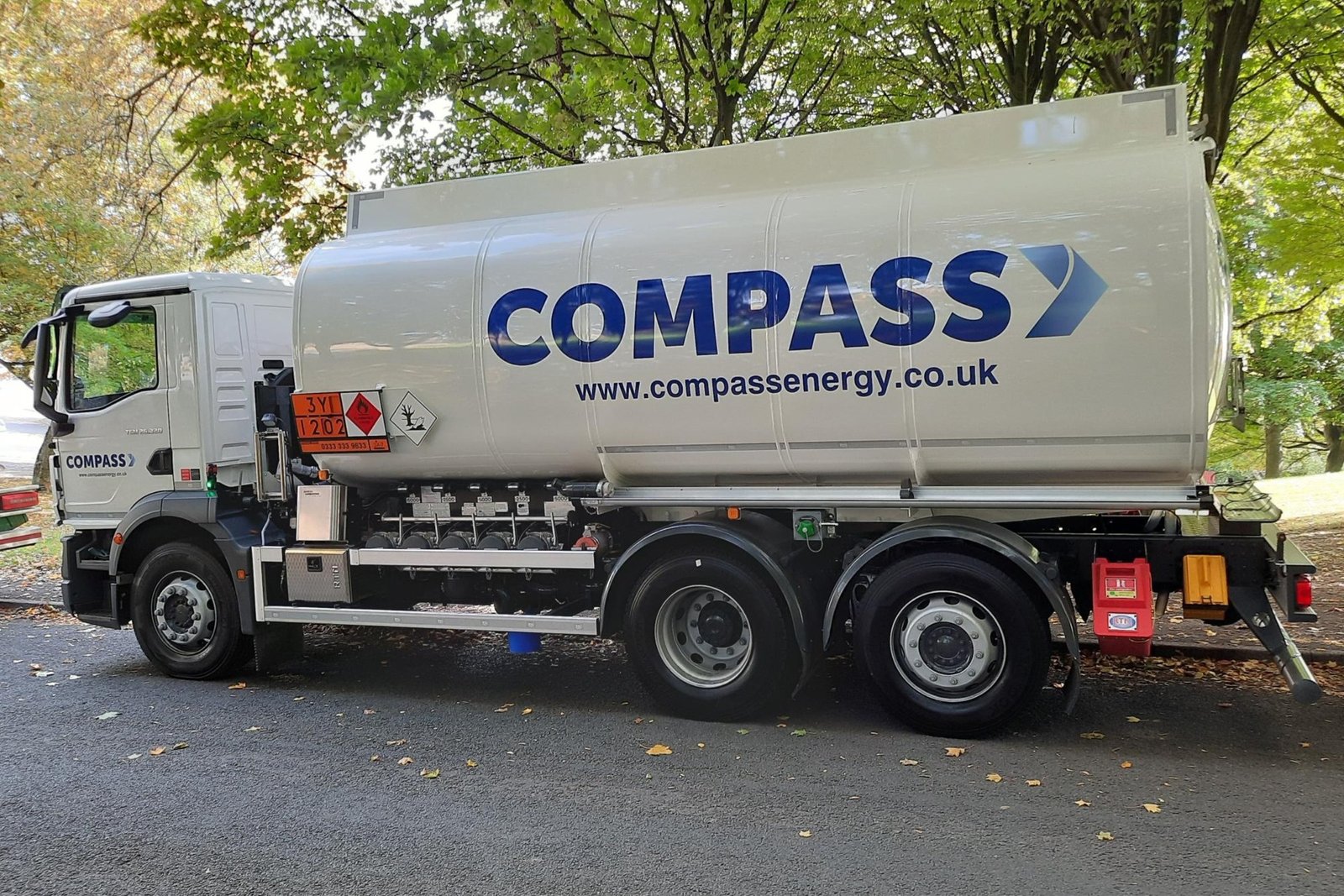




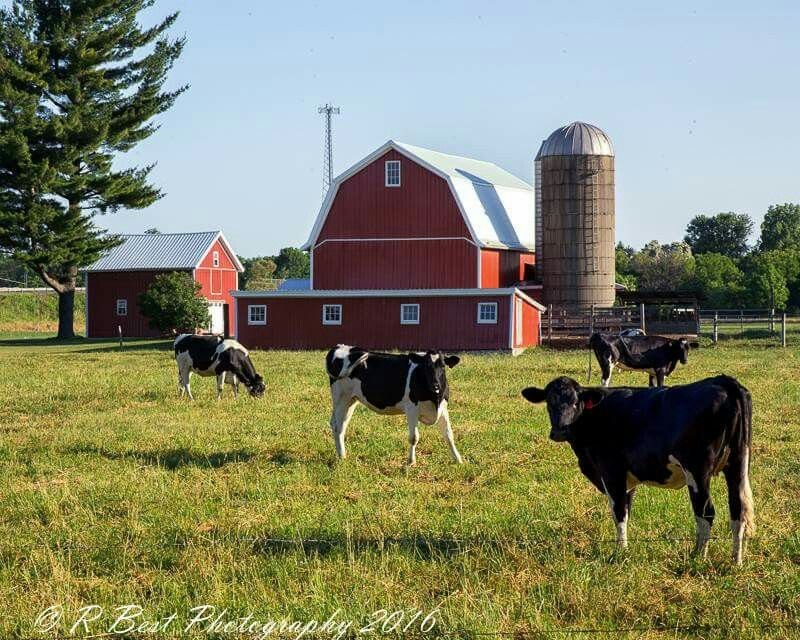
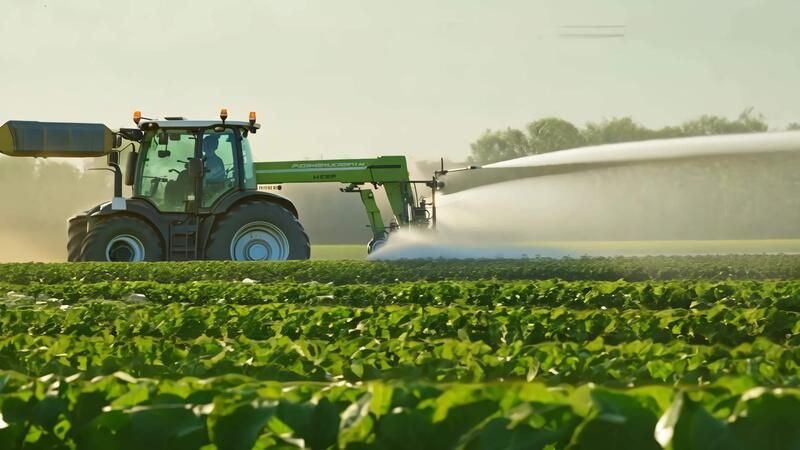



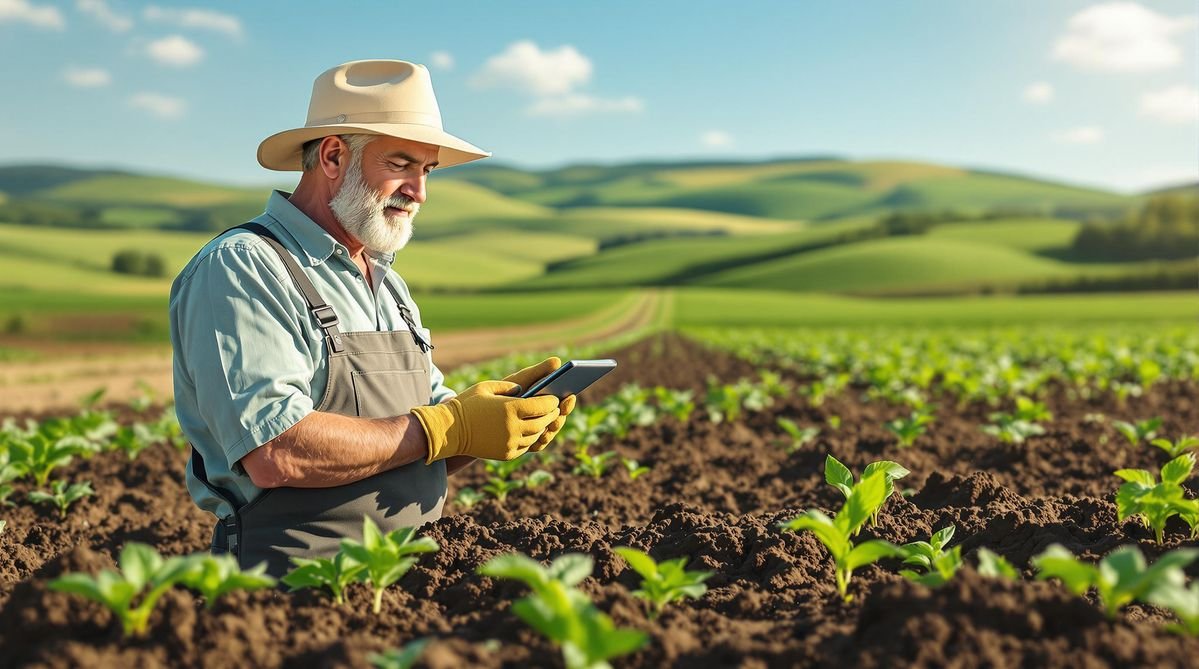




Leave a Reply